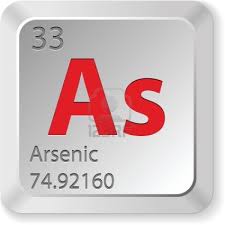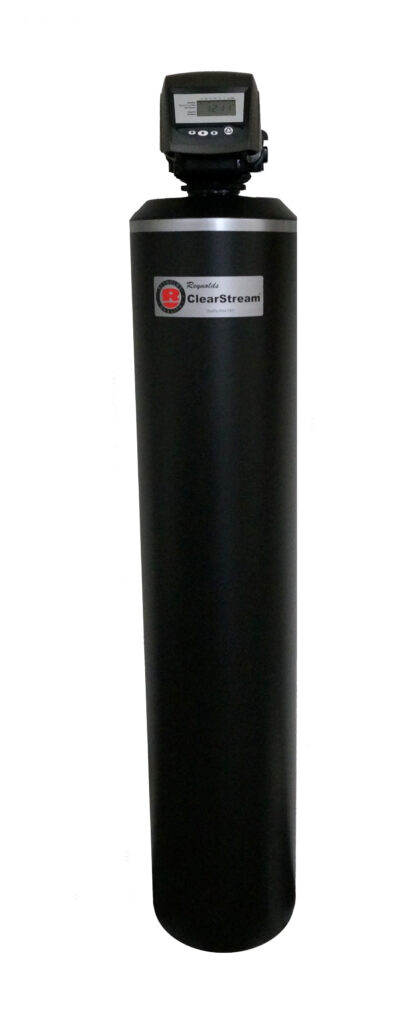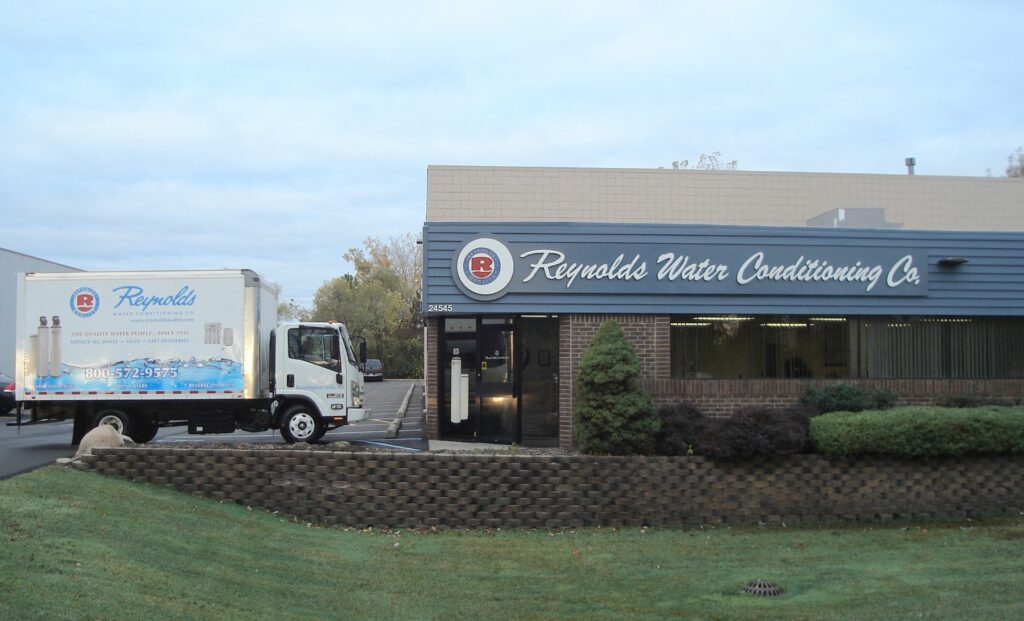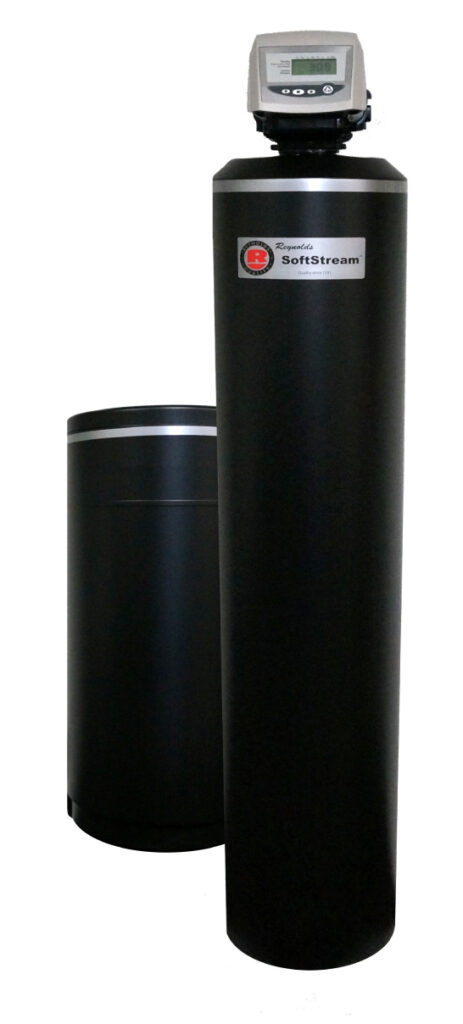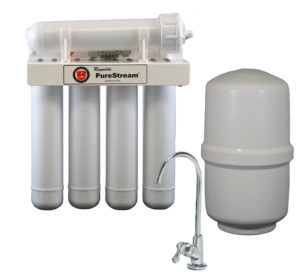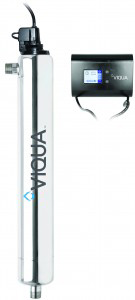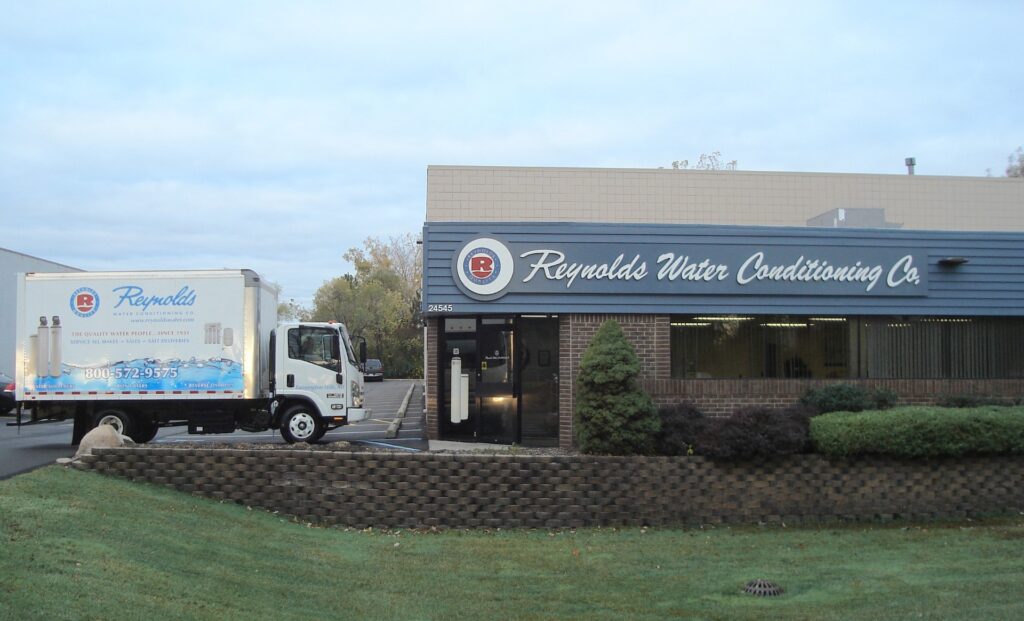New research from the University of Illinois Urbana-Champaign has discovered a link between certain “forever chemicals,” specifically per- and polyfluoroalkyl substances (PFAS), and an increased risk of cardiovascular diseases in postmenopausal women. These chemicals, common in nonstick pans, waterproof clothing, and various other consumer products, persist in the environment and accumulate in the body, particularly after menopause when women’s natural expulsion mechanisms, like menstruation, cease.
The study focused on understanding the biological mechanisms by which PFAS contribute to cardiovascular diseases during the menopausal transition, an area previously not well explored. By analyzing blood samples from 70 postmenopausal women in Turkey, researchers identified that different PFAS chemicals, such as PFOS and PFOA, are associated with different types of heart diseases, linked through their interaction with inflammatory pathways in the body.
The findings highlighted that PFOS is closely related to coronary artery disease, whereas PFOA is more predictive of coronary microvascular disease. Interestingly, these chemicals affected the levels of certain amino acids and inflammatory proteins differently, suggesting that not all PFAS chemicals behave identically within the body.
This study underscores the broader implications of PFAS exposure on heart health in older women and stresses the importance of minimizing exposure to these chemicals. The researchers advocate for increased public education and regulatory measures to reduce PFAS contamination in the environment. They plan to continue exploring the specific impacts of PFAS on women’s health to better understand and potentially mitigate these risks.
Comprehensive Water Testing
Reynolds Water Conditioning is committed to ensuring the safety and purity of your water. With growing concerns about ‘forever chemicals’ and their impact on health, particularly for older women, it’s crucial to identify and mitigate these contaminants in your home water supply. Our expert team provides comprehensive water testing to detect the presence of PFAS and other harmful substances. Based on the results, we offer customized filtration solutions designed to effectively remove these chemicals, ensuring that your water is clean and safe.
Protect your family’s health by purifying your water right at the source; contact Reynolds Water Conditioning to learn how.
Reynolds Water Conditioning was established in 1931 and is Michigan’s oldest water conditioning treatment company. Still owned and operated by the Reynolds family, we take pride in providing the highest quality products at a cost-effective price. If your tap water lacks the quality you deserve, contact us today at 800-572-9575.
Written by the digital marketing team at Creative Programs & Systems: www.cpsmi.com









